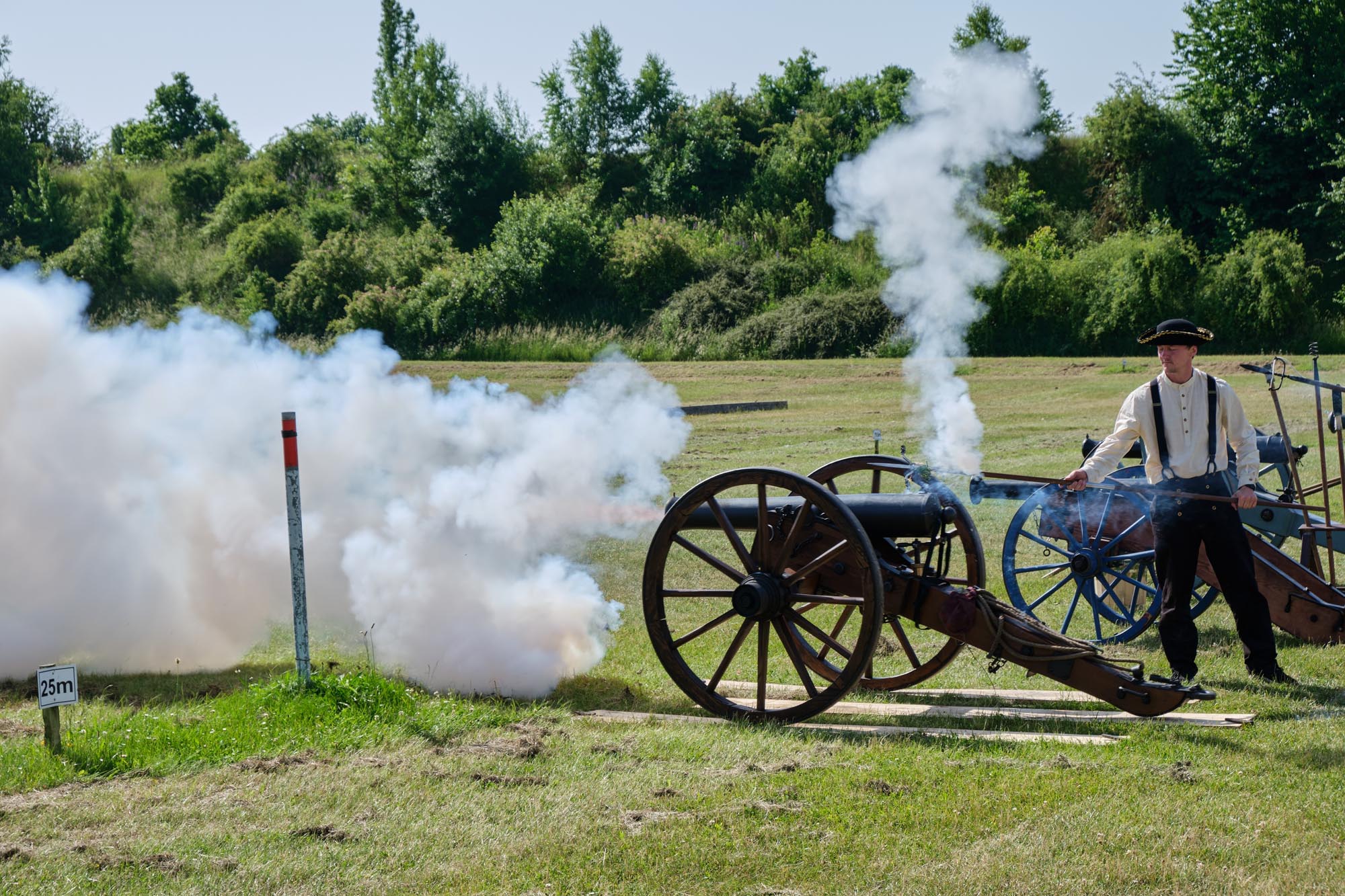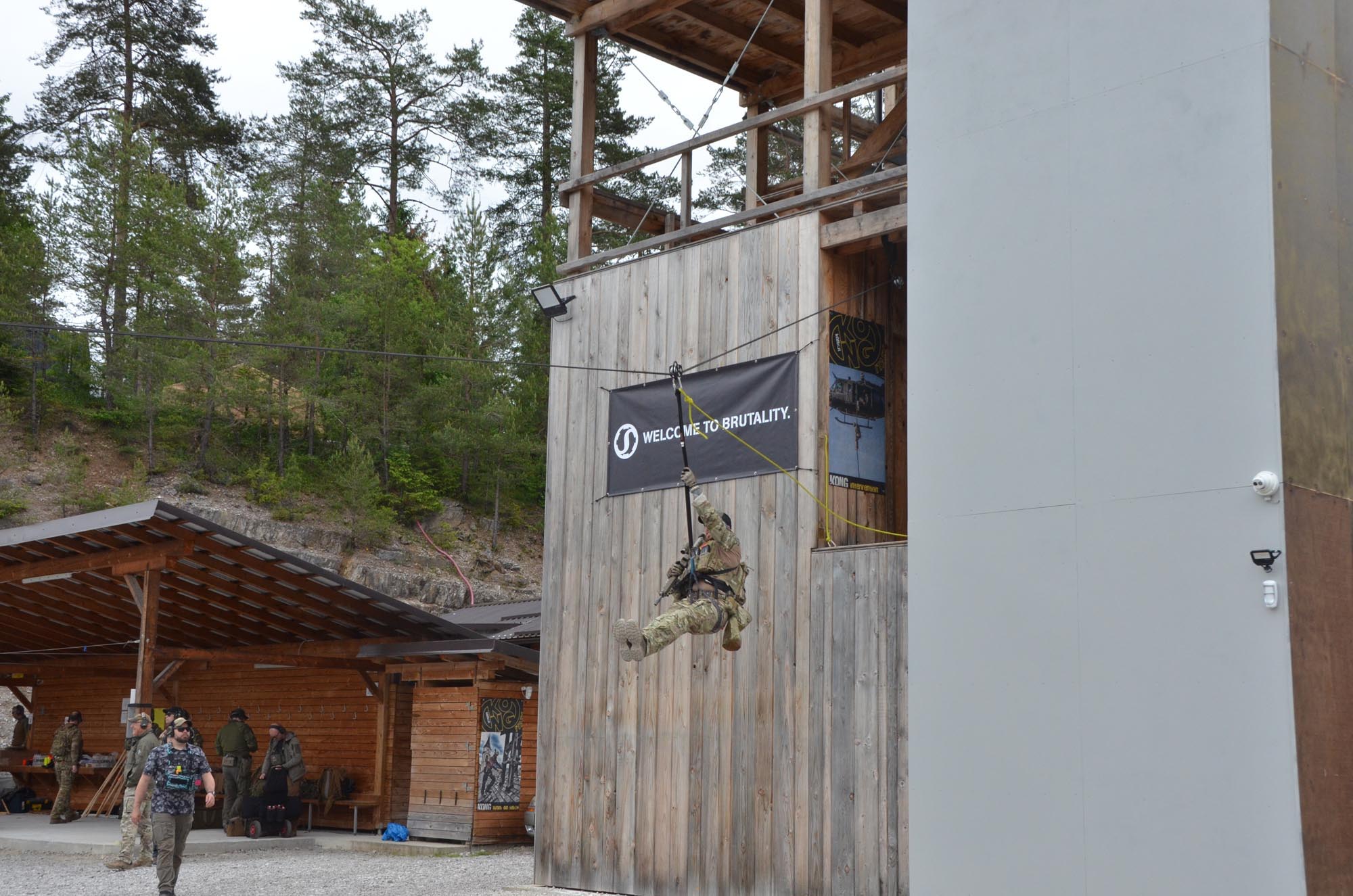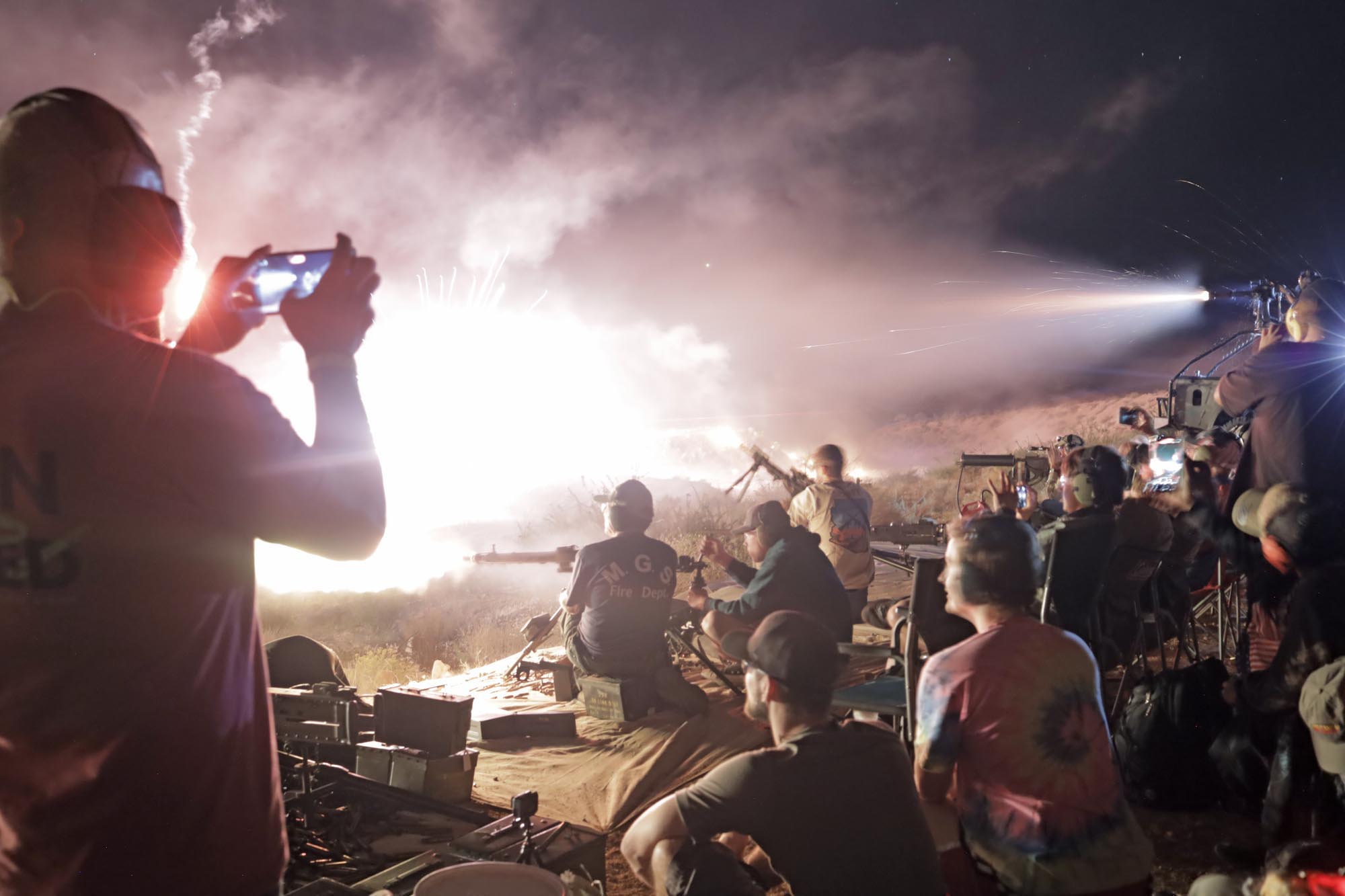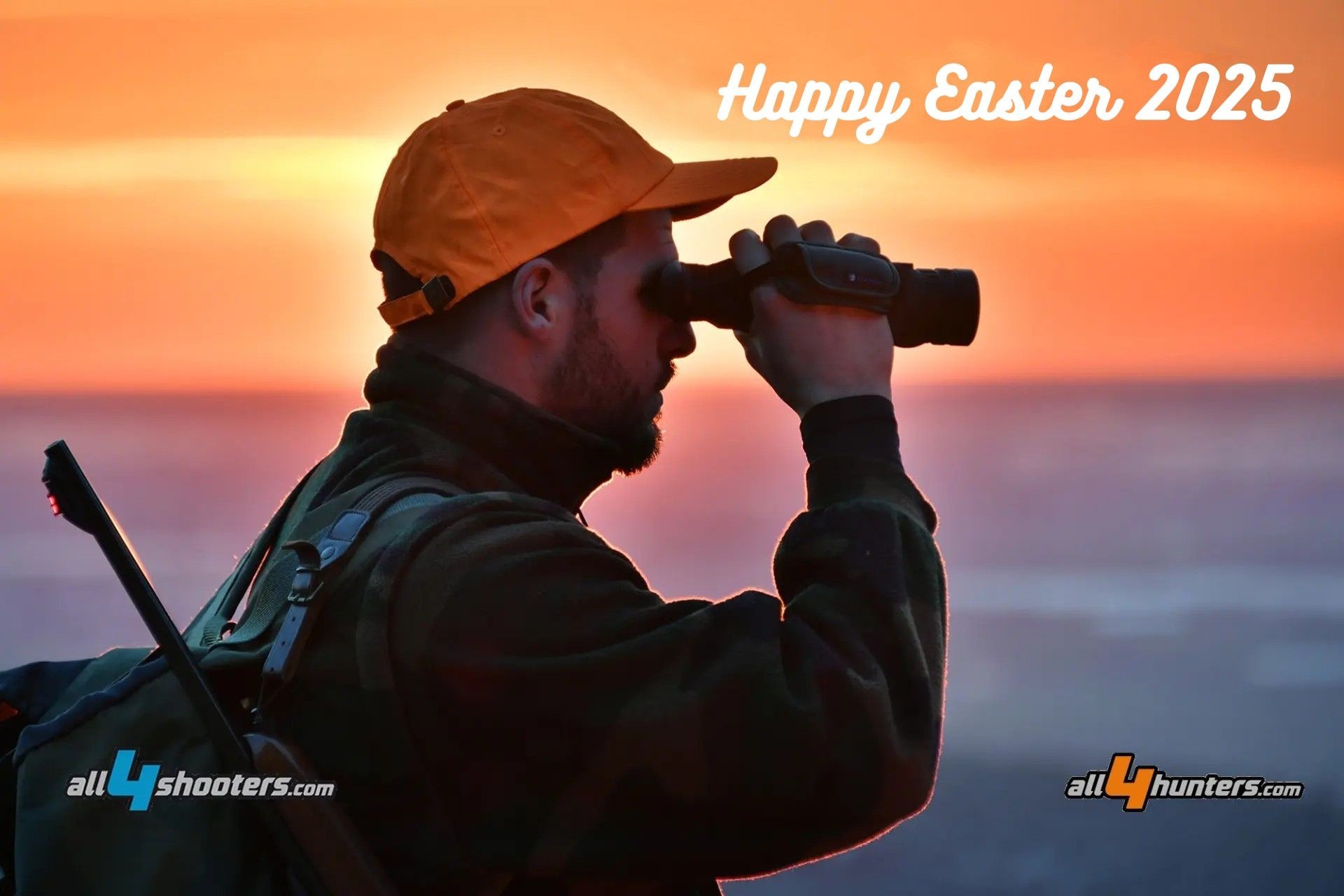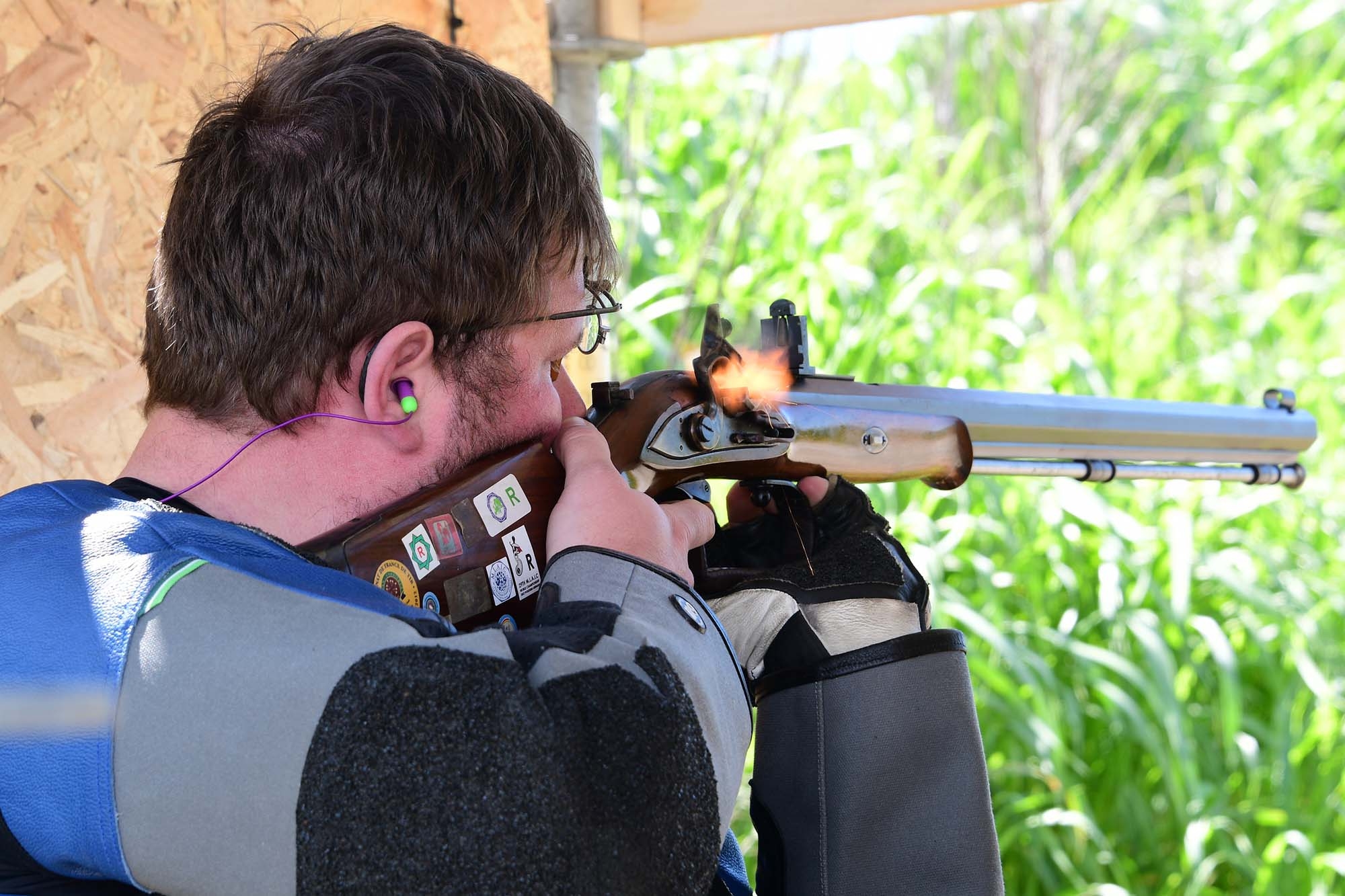A little more than a year after being elected to the leadership of the International Shooting Sports Federation (ISSF), we asked Luciano Rossi to take stock of the road to Paris. Born in 1953 in Foligno, Italy, Rossi began practicing Olympic Pit at a very young age, also winning an individual European title and a team title in 1973. A 21-time Italian national, he won the Italian title in 1981. He was elected President of FITAV , the Italian Clay Shooting Sport Federation, in 1993. Since then, he has always been reappointed to the position he also currently holds. ISSF Vice-President since 1998, on November 30, 2022, in Sharm el-Sheikh, Egypt, he was elected President with 136 preferences, surpassing the incumbent President, Russian-Cypriot Vladimir Lisin, who received 127 votes. He was also elected member of the Italian Parliament for Forza Italia in 2006 and Senator in 2013, but did not run again.
President Rossi, a little over a year after your election you declared that the sport is entering a "new era" with the Paris 2024 Games on the horizon and the Los Angeles Games four years down the road. Can you explain what you mean by a new era with regard to shooting sports?
I wanted to send a loud and clear message, which is the vision of the future of the sporting activities related to shooting sports: addressing the critical issues, but also claiming their historical value. Pierre De Coubertin competed for shooting, yet it is precisely in Paris that shooting suffers serious marginalization because the competitions will be in Châteauroux, far from the beating heart of the Olympics. In Los Angeles, in 2028, there were even plans to exclude shooting, which we have averted; now we are thinking about Brisbane. With very strong credibility actions, with proposals and changes. We have to be ready for the new challenges of a society that has changed at even excessive speed, we have to be more ready for innovation.
Relations with the International Olympic Committee
You also stated that your meeting with International Olympic Committee President Thomas Bach in Rome helped mend ISSF's relationship with the IOC. On what basis and what issues did you discuss? In the past management of ISSF, what had been lacking?
I am honored to have very cordial and professional direct relations with Bach. With him we have understood each other and demonstrated the importance of shooting sports in numerous meetings in various parts of the world, but especially in Lausanne, the IOC headquarters from which the ISSF has been distant for the last four years. Now we need to continue the dialogue.
You also emphasized the new open relationship with the ISSF Athletes Committee, greater emphasis on cooperation within the sport, and an increased media profile. How do you plan to proceed?
Communication is key, so far we have underestimated social media and the power that comes with them. We have a knowledge deficit, but on the other hand we know that those who know us also love us. This entails an investment that is not only economic, but of commitment and will for a new cultural direction of international shooting sports. We are moving in the direction of professional involvement: we can't keep talking only to each other. We have to enter society, grain more and more credit. The speed at which everything is moving today does not allow for resistance and delay. The situation has also been affected by the ISSF's less than good relations, but now the external and internal situations are different and we can finally move full steam ahead.
At the Munich Workshop discussion in early December Cassio Rippel, chair of the ISSF athletes committee, and Csaba Györik, on behalf of the coaches, presented suggestions for improving ISSF championships. What can be done?
The International Federation must give concrete answers to the expectations and recommendations of our base, which is the athletes: our task is to listen to them and make decisions that meet their needs. After Paris we will experiment with new formats to make our sports more spectacular and exciting. I am for involving the different athlete commissions and listening and then trying. We need to focus on the sport and then innovate, I am not a repository of truth and I believe in expanded thinking, with everyone involved. In Los Angeles we would have had a problem, but we averted it with the actions we took, individually and as a team. The IOC finally decided, they finally listened to us, we recovered a relationship that had deteriorated, because of personal and also technical issues.
Paralympic shooting: a cultural achievement
In Paris, after the Olympics, the Paralympics. It is well known how much you have been advocating for the entry of Para-Trap into the Paralympic disciplines. When's the big moment?
Para-Trap is a great world cultural achievement. We have worked hard, we have believed in it, we have overcome many critical issues to give attention to those who have deserved it for a long, long time. We are doing a lot for the Paralympics with Tyler Anderson, manager of WSPS-World Shooting Para Sport. We have a definite desire to bring all shooting disciplines under the umbrella of our federation, in agreement with the International Paralympic committee, with whom we are in great agreement. We are convinced that we have to listen to the different sensitivities of all Continents. It is a great achievement, a great success that we believe in, and we want to catch up over the years to further enrich our Olympic family with the entry of Para-Trap.
You have already made history with the motto "Together we are stronger," also referring to the world of industry. How do you understand the relationship between shooting sports and the industry world ? What can you do together?
It is an inclusive message, manifesting the desire to have and provide collaboration, to unite different roles. The relationship with the industry in the sector is good, we hope to make good collaborative contracts. The companies' experience will give us support for events and what else we want to do together. We also want to broaden the horizon to the non-industry....
The environmental issue. It seems that sports may enjoy some "privilege" with respect to the use of alternative materials to lead as required by ECHA. as long as they gear up – do you agree? In each case, the issues are left to the individual federations and competition ranges. What guidance and support does ISSF provide in this regard?
I personally went to speak with the European Chemicals Agency (ECHA): the common goal is to safeguard the environment without confrontation or violence. We signed a joint document with the International Federation of Shooting Sportsarms-FITASC, setting out our observations and arguing that the restrictions proposed by ECHA are neither feasible nor necessary and that shooting needs a lasting exemption to continue using lead. We offered compatibility solutions: we have been working on this issue in Italy for 30 years. Recovery and recycling of all residues other than lead and environmental compliance were happy insights at the time: in Italy we have developed a very high culture and knowledge on the subject. ECHA is an agency that represents the European parliament and therefore follows its directives. The parliament is expiring and will be renewed in July: we look forward to possible changes. There has been some distraction, but we must follow our little Italian example: recovery and recycling are no longer just problems, but resources for our sports associations. There must be more Italy in the world and more world in Italy.
How are the relationships between the two souls of clay shooting and target shooting? Are there different needs and different solutions? In some countries, including Italy, there are different federations. How is the sentiment of shooting sports in the world?
In Italy, relations are excellent: not many nations have two federations. My position on the three disciplines – rifle, pistol, shotgun – is one of constant balance. We are the International Shooting Sports Federation, and one discipline should not overwhelm the others.
Emerging countries and young people in the competitive sport shooting scene
There are many emerging countries in the shooting sports world, and that is certainly a good thing. In the East and North Africa in particular. Europe maintains a leading role in terms of technical aspects, materials, but also with its athletes. The future of shooting, especially in terms of the Olympics, depends a lot on its widespread dissemination in the world. How is the ISSF equipping itself in this regard?
The East is growing and that is good. I would like the growth to be spread among the 163 affiliated national federations. And then we need to affiliate more: we have a plan for Africa, which experiences great difficulties. After athletics and swimming, shooting sports have the largest number of athletes from different countries. Now with qualifiers and the reduction in the number of athletes, as well as the imaginable other progressive reductions, Olympic gigantism will force space to be given to emerging disciplines. Bach told me that if new sports come in, someone has to go out. We respond with credibility and openness to confrontation. told me that if new sports come in, someone has to go out. We respond with credibility and openness to confrontation'.
From a competitive point of view, I noticed remarkable performances at the World Cup Final and also the very young age of the top athletes. Are we seeing a generational shift in sport shooting?
We have been witnessing for years now this progressive decline in the average age of practitioners, not only in Olympic activity. The performance of young people is at a higher level than in the past, and this requires national federations to take care of the nurseries that constitute a cultural action and give continuity to our sport. At the international level, unfortunately there are countries where the sport shooting is not allowed at youth level, so we will work hard to push to change such penalizing national laws.
During the months leading up to the Paris 2024 Olympics, we will publish an article every week dedicated to the Olympic Games and shooting sports. We will make you live the Olympic dream until the lighting of the brazier and even after, when it's medal time. Stay tuned!
To read the previous articles click on the links below:
- It will be a global celebration of sports: here's what to know about the Paris 2024 Olympic Games for sport shooters
- Ten days of passion! Shooting competitions at the Paris 2024 Olympic Games from July 27 to August 5 in Châteauroux
- Paris 2024 Olympic Games: sport shooting events to begin on July 27, 2024. Media coverage and time schedule


